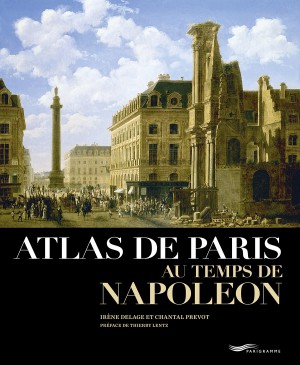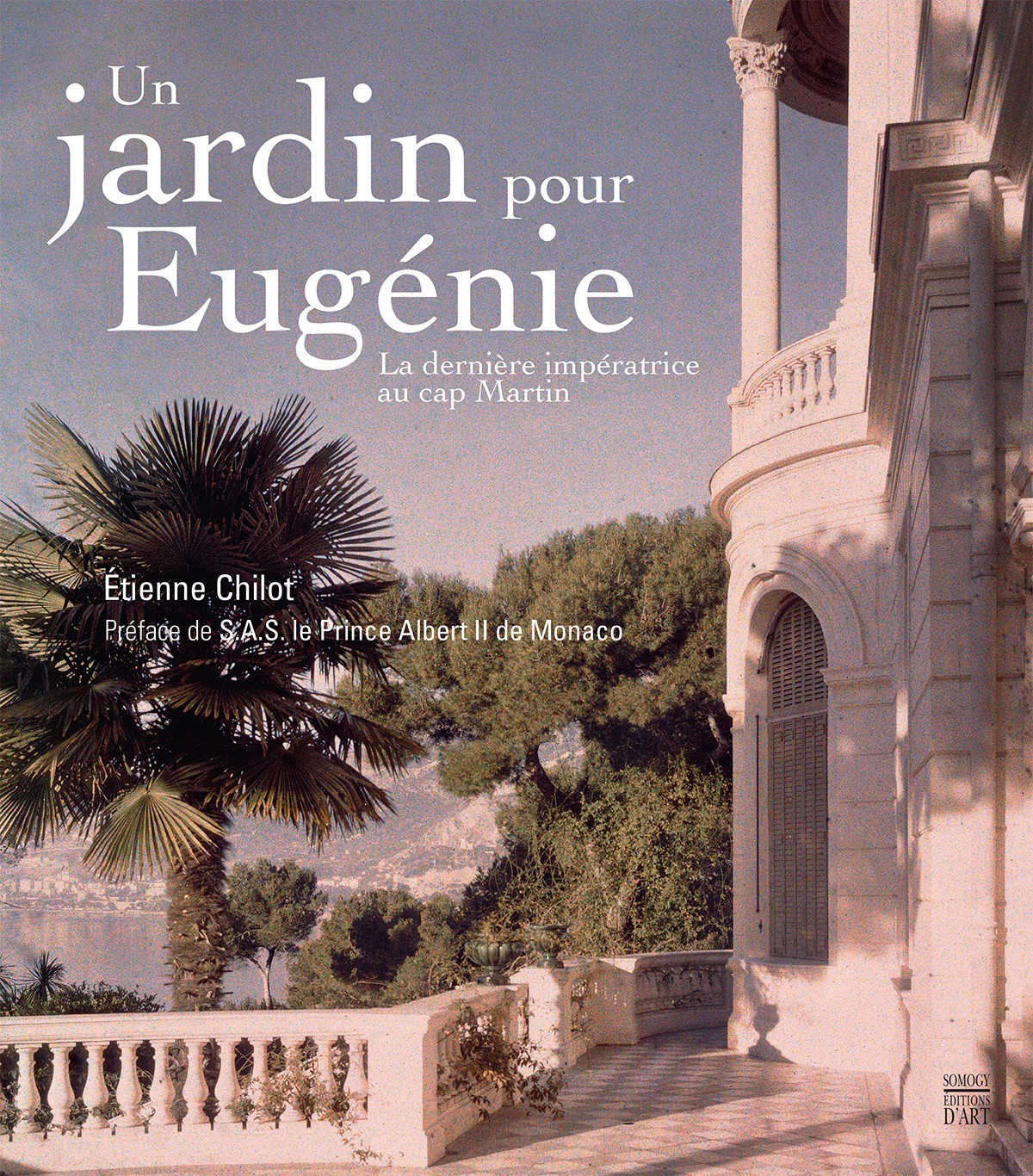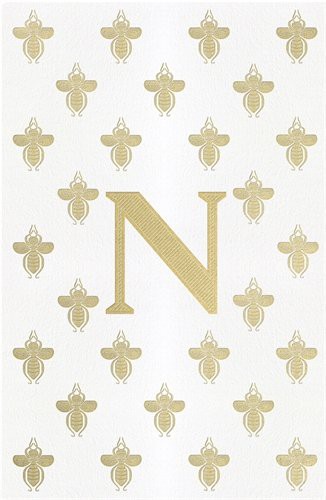History Prizes 2014
 FIRST EMPIRE PRIZE
FIRST EMPIRE PRIZE
Irène DELAGE and Chantal PRÉVOT, Atlas de Paris au temps de Napoléon, Paris, Parigramme
Napoleon and the imperial family did not simply restore the royal Parisian residences, such as as the Louvre, the Tuileries or the grand central hotels. From the moment Bonaparte became First Consul in 1799, he set about transforming the French capital: irrigation, drainage, infrastructure, public services…he even numbered the streets! This atlas is a guide to daily life of Parisians in the early nineteenth century, and pays homage to Napoleon’s desire to modernise the capital of his future Empire. Reflecting its master’s power, Paris was endowed with numerous imposing, symbolic monuments and spaces, such as the Bourse or the Champs-Elysées. Looking at plans that never came to fruition, such that for a palace for the King of Rome, this book also allows a glimpse of the imaginary or potential Paris, designed by an Emperor whose enthusiasm for urbanisation was cut short in 1815.
 SECOND EMPIRE PRIZE
SECOND EMPIRE PRIZE
Étienne CHILOT, Un jardin pour Eugénie, Paris, Somogy Éditions
In 1895, Empress Eugénie took up a second residence in a villa at Cap Martin, near Menton, across from Monaco. She would occupy this villa until her death in 1920. The south of France had become a holiday resort for the well-heeled, and the first pleasure gardens were springing up around the gorgeous villas, all inspired by English society and German decorative skill. The garden of Cyrnos villa provided the backdrop for the Empress’s social life, and enabled her to receive many notable royals, scientists and artists who were passing through the Riviera. Queen Victoria, Elizabeth (Sissi), Empress of Austria, Tsar Nicolas II, Prince Albert I of Monaco, King Alfonso XIII of Spain, the shah of Persia, Rodin, Coco Chanel and the young Jean Cocteau were among her guests. Using the accounts of the Empress’s gardener and of the few witnesses admitted into this closed circle, this book reveals much about the last years of one of the most famous women of French history.
 JURY’S PRIZE
JURY’S PRIZE
Andrew ROBERTS, Napoleon the Great, London: Allen Lane
It has become all too easy for English-language biographers to cast a negative light on Napoleon Bonaparte. The French Emperor is often seen as obsessed with world domination, practically a ‘proto-Hitler’. In this book, based on years of fieldwork on St. Helena and on 53 of the 56 battlefields of the Napoleonic epic, Andrew Roberts has created a faithful portrait of the mind, life, army and political genius of a formative political leader. Roberts draws attention to Napoleon’s peacetime activity, and how he put into place countless important civic innovations, the most important being the Napoleonic code, which still serves as a model for civil law systems today.
